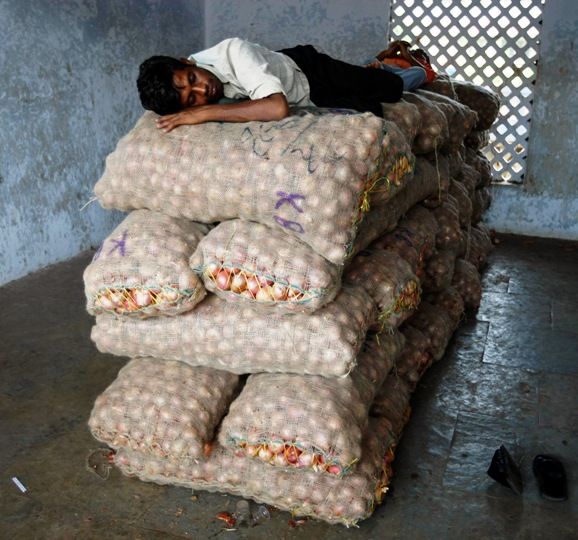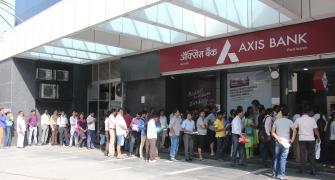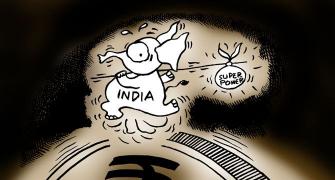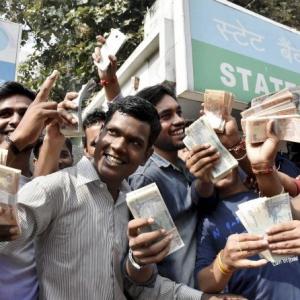'Investors hate uncertainty and the demonetisation move certainly creates that.'

Cameron Brandt, director of research at EPFR Global, the US-based tracker of global fund flows, talks to Puneet Wadhwa/Business Standard on recent financial developments:
Your assessment of flows over the past month, especially after Donald Trump's victory in the US presidential elections? What is the road ahead?
Flows until November 9 reflected the widely held assumption that Hillary Clinton would win the US presidency, increasing the regulatory burden for some sectors and taxes for some individuals but generally pursuing the same economic policy mix as Barack Obama's administration.
In the aftermath of Donald Trump's victory, flows shifted to the domestic reflation story the president-elect has promised, with US equity funds attracting over $30 billion in the second week of November, at the expense of fixed income funds and fund groups dedicated to emerging markets.
The road ahead runs through Italy's constitutional referendum and the US Federal Reserve's final policy meeting of 2016.
The narrow defeat of the former and a 25 basis point interest rate hike from the latter seem to be priced into the flows.
What are the biggest risks to the global financial markets? What is the probability you attach to these events materialising over the next six to 12 months?
If I had to choose one among the many risks facing the financial markets, I'd say Europe and its ability to keep muddling through.
A less committed US, a more assertive Russia, major elections in Germany, France and The Netherlands, Italy's non-performing loan issues, Turkey's willingness to keep serving as a wall against illegal immigration from the Middle East and the Brexit negotiations with the UK are among the challenges facing the European Union in 2017.
If the so-called European project really starts to unravel, a lot of assets will have to be repriced.
How long will global central banks remain accommodative and continue to pump liquidity?
Central bankers are increasingly worried about the side effects of, and diminishing returns from, the extraordinary monetary policies they've been pursuing. And have been signalling that further growth depends on fiscal policy and structural reforms.
But the political climate in Europe, with critical elections in Germany and France, makes it hard for the European Central Bank to taper next year.
While the Bank of Japan finds the progress it made in combating deflation and arming exporters with a competitive currency under threat from Japan's 'safe haven' status.
So, I'm not anticipating much change in their policies until the third quarter of FY17 at the earliest.
Your interpretation of how the global bond markets, especially in the US, are playing out?
Bond markets were already paying more attention to inflationary risks before Trump's election, with Inflation Protected Bond Funds setting two weekly inflow records ahead of the vote.
With Trump promising reflation, they are paying even more attention.
So, I suspect, is the US Fed.
With fiscal policy set to take up some of the heavy lifting when it comes to stimulating growth, it is very likely they'll follow through on the signals they've been sending and hike rates next month.
How does India appear as an investment destination, given the global developments and the demonetisation move by the government?
Before the Modi administration's strike against India's informal economy, India was looking good to foreign investors.
With inflation coming under control, gross domestic product growth still running between 6% to 7% per cent annually, progress on goods and services tax reform and a reasonable monsoon that takes some of the pressure of India's agricultural sector, we've seen record flows into dedicated India bond funds and some recovery in flows to India equity.
But investors hate uncertainty and the demonetisation move certainly creates that.
How do you see the Reserve Bank of India reacting to these developments over the next few months in terms of key rates?
A 25 bps hike in US rates is expected and, with the demonetisation boosting bank liquidity, I'd expect the RBI to maintain its current policy stance until the impacts of both become clearer.










